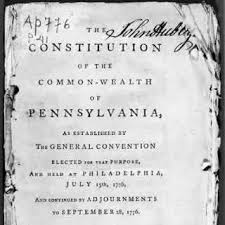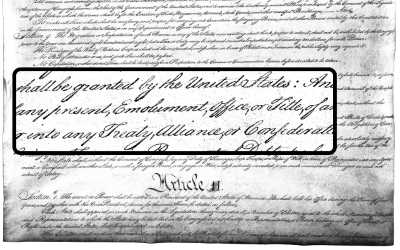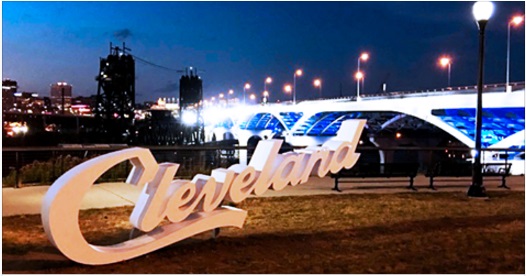The Other Historical Event We Should Celebrate in July
Submitted by Radical Reformer on Mon, 07/02/2018 - 8:32pm
John Adams must have shaken his head as he watched delegates to the Pennsylvania Constitutional Convention filing into the West Room of the Statehouse on July 15, 1776. Across the hall in the East Room, Adams and his colleagues in the Continental Congress had recently voted to declare the thirteen colonies independence from Great Britain. Now the newly independent states would each have to create new "republican" constitutions. A month before, Adams had worried that the new constitutions would be influenced by a "spirit of leveling, as well as that of innovation." In the Pennsylvania Constitution of 1776, perhaps the most radically democratic in the world at the time, Adams worst fears would be realized.





